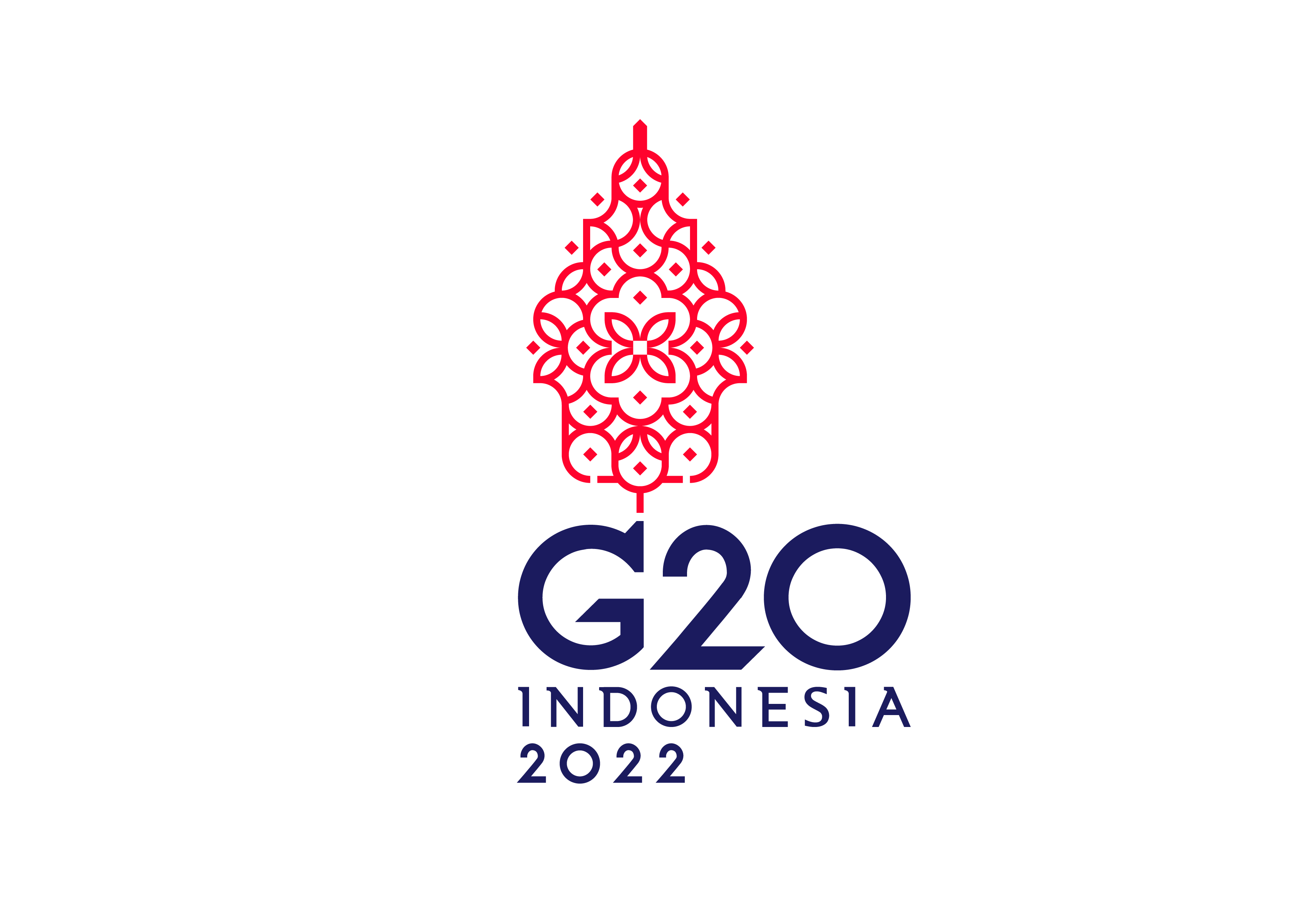
Temporary home of the Global Governance Program
based at the University of Toronto

 |
Temporary home of the Global Governance Program
|
 |

G20 Presidency Chair's Summary
The G20 Joint Finance and Agriculture Ministers' Meeting
Washington DC, October 11, 2022
[PDF]
The G20 Finance Ministers and Agriculture Ministers met for the first time in Washington D.C. on 11 October 2022. The meeting was convened by the Indonesian G20 Presidency in collaboration with the Kingdom of Saudi Arabia, and was attended by G20 members, invited countries, and international and regional organizations.
The Presidency noted that immediate actions are needed to address global food insecurity. The Presidency highlighted that the world is waiting for the G20 to deliver concrete action on this critical issue, and it is G20 members' responsibility to demonstrate that the G20 can respond effectively to the current crisis through coordinated multilateral action.
Members noted that since 2020, risks to food security and nutrition around the world have increased due to numerous factors, such as the unprecedented COVID-19 pandemic and extreme weather events. Many members expressed the view that Russia's war against Ukraine is exacerbating global food insecurity and called for an end to the war. One member expressed the view that unilateral sanctions are negatively impacting global food insecurity, while some members noted that sanctions related to the war in Ukraine are not targeted at agricultural goods or fertilizers.
Many members noted with alarm the increasing food insecurity of vulnerable groups across the world, which has eroded progress in reducing poverty, achieving the Sustainable Development Goals, and is putting vulnerable communities and households at greater risk of poverty and malnourishment.
Many members noted that medium- to long-term challenges remain, and more efforts are needed to improve agricultural productivity and capacity, increase sustainable farming practices and respond to climate change, maintain open and transparent trade, and improve the availability of fertilizers.
Some members reaffirmed their commitment to use all available policy tools to address the risk of food insecurity. Many members supported the need for increased cooperation to ensure a coordinated global response to tackling food insecurity, and noted the need to work with other multilateral initiatives in this endeavor, while avoiding duplication.
Members welcomed several ongoing initiatives so far to address food insecurity which have been initiated by regional and international forums and organizations. International organizations in the meeting detailed some of their initiatives, including the World Bank Group's (WBG)'s USD 30 billion food security response and USD 6 billion global platform for private sector intervention; International Monetary Fund's (IMF)'s Food Shock Window; Asian Development Bank's (ADB)'s USD 14 billion ambition for addressing food insecurity and the Islamic Development Bank's USD 10.5 billion food security response program. Some expressed their support for potential debt service standstills if appropriate, under the existing G20 Common Framework for Debt Treatment, however, others emphasized the need to consider country circumstances when assessing debt relief initiatives. At the individual country level, several initiatives were reported by many members in the meeting.
Members agreed to ask the Food and Agriculture Organization (FAO) and the WBG to share with us the results of their mapping exercises on food insecurity, which will be consolidated in the future with inputs from technical experts and other relevant international organizations, and will provide a systemic analysis of responses to address food security. This will identify any major gaps in global responses; examine food and nutrition variables and funding; examine the supply and demand of fertilizers; build on the G20 Agricultural Market Information System (AMIS); and identify any medium-term issues that require further technical and systemic analysis. FAO and WBG will report back to us by the 2023 Spring Meetings.
Members reiterated their support for open, transparent, inclusive, predictable, and non-discriminatory rules- based multilateral trading systems.
The Indonesian G20 Presidency will continue to lead the G20 in closely monitoring the state of global food security in our future meetings and into the Indian G20 Presidency.
Source: Official Website of the 2022 G20 Indonesian Presidency
This Information System is provided by the Global Governance Program, |